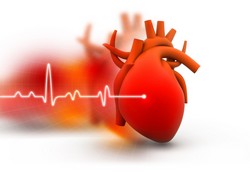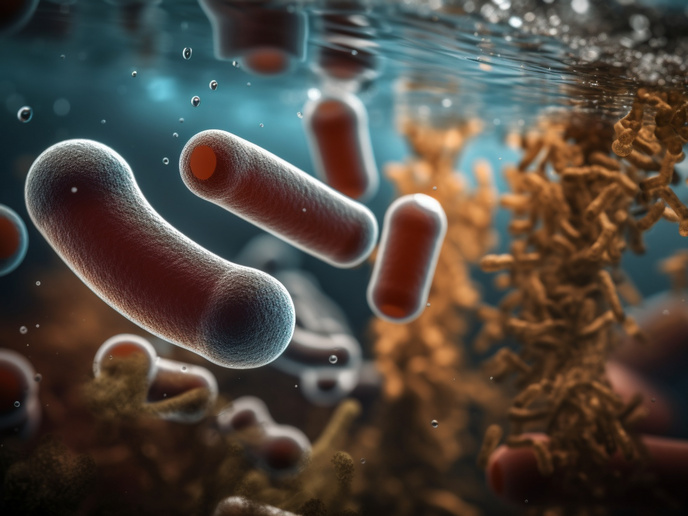New insights into the development of heart disease
Heart disease is the number one cause of death worldwide, raising the alarm for a better understanding of cardiac biology. Excessive cardiac hypertrophy is a condition characterised by abnormal thickening of the myocardium, a feature of pathological cardiac remodelling, and is associated with high morbidity and mortality. Emerging evidence indicates that cardiac muscle mass is potentially influenced by the ubiquitin proteasome system, which is responsible for protein degradation. Previous work by the EU-funded PROCARE (Impact of proteasome subpopulations on cardiac remodeling) project researcher revealed unanticipated proteasome regulation in cardiac hypertrophy, in part due to changes in assembly and thus composition of the 20S proteasome complexes. The scope of PROCARE was to gain further insight into the regulatory mechanism of cardiac remodelling and how it could potentially be modulated to change the development of heart disease. In a loss-of-function model, scientists observed that restricted proteasome regulation induced severe deterioration of cardiac remodelling with accelerated pathogenesis, exacerbated hypertrophy and premature heart failure. Further study indicated that before the onset of cardiac remodelling, the heart was anatomically and functionally normal. This suggests that stress is probably the major trigger of the mechanism. In a gain-of-function model, enhancing the regulatory mechanism of proteasome degradation preserved cardiac function following induction of cardiac remodelling, altering the availability of proteins, including those that are participating in muscle contraction. Overall, the PROCARE study demonstrated that a previously unnoticed mechanism participating in the regulation of protein degradation in the heart is non-essential under physiological conditions, but works protectively against the development of heart disease and failure, underscoring its potential therapeutic value.







